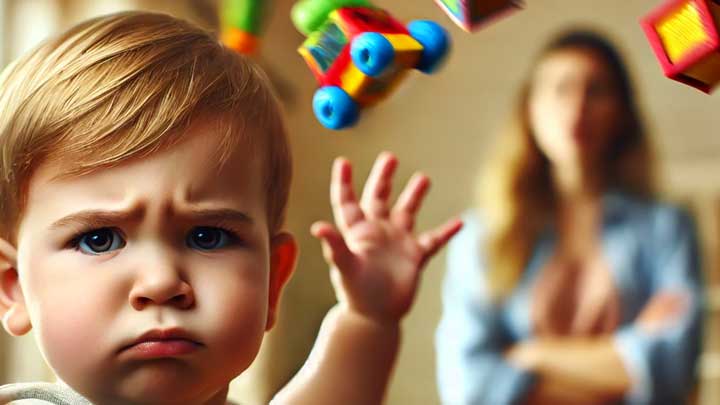Identify your unique approach to parenting with the LiveMIS Parenting Style Quiz. Gain insights to support...
Read More
Understanding and Managing Homework Refusal in Kids
Explore the reasons behind homework refusal in children and find actionable solutions to help them develop responsibility and overcome resistance.



















